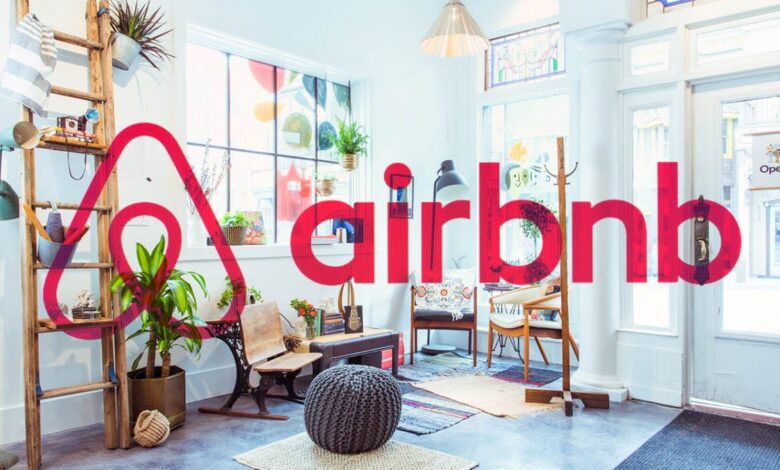
Is the Airbnb rental service insured against macroeconomic shocks?
The short-term rental housing platform Airbnb Inc. (ABNB) may be ready for a recession due to its business model’s peculiarities and geographical diversification. If the economy goes into recession, consumers can reduce their travel expenses and, consequently, their rental housing. However, Airbnb’s business model ensures the company against increased costs during difficult economic periods. In particular, the company does not own real estate but only provides owners and customers with the opportunity to negotiate.
Leads to a significant reduction in initial and ongoing costs. Even if economic instability forces property owners to lower rental rates, Airbnb will still receive a percentage of each transaction. The company’s revenue will decrease, but it is unlikely to lose its leadership. Airbnb is one of the market leaders, and many property owners are looking for opportunities to place their offers on the platform, reducing marketing costs. In addition, the cost and time to add a new ad or service to a new traveler for Airbnb are negligible.
As a result, the favorable cost structure and scalable model allowed Airbnb to generate a free cash flow of $795 million in the second quarter — an incredible free cash flow margin of 38%. Geographical diversification also adds stability to the business. As a result, the recession in some regions may not affect the company’s business in other parts of the world. In addition to this, customers book accommodation on Airbnb not only for tourists but also during business trips. At the moment, Airbnb predicts that revenue in the third quarter will grow by 24-29% year-on-year (by 69-75% compared to 2019). In addition, as of June 30, the company had about $10 billion in cash and liquid securities.